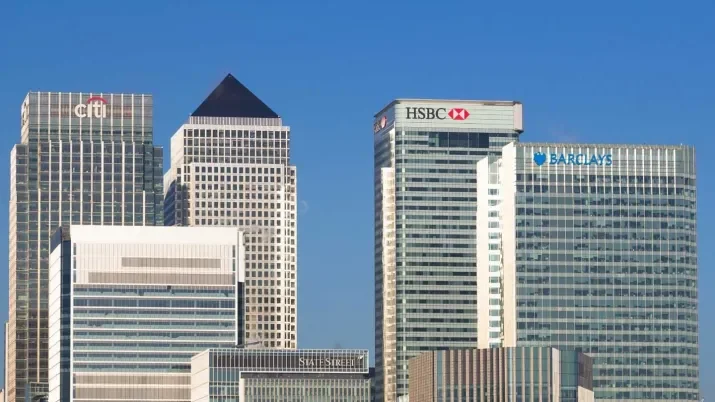
Fitch keeps AT1 investors on their toes
"We have been participants in the Additional Tier 1 (AT1) sector since its introduction in 2013, albeit with a high degree of selectivity, but the risk-reward has been obvious to us." Gary Kirk discusses the latest AT1 news from Fitch

IG demand would be key to Walgreens buyout
At this late point in the cycle, fixed income investors are on high alert for signs of potential excess in the capital markets, and a proposal for potentially the biggest leveraged buyout (LBO) in history would certainly fall into that category.

US corporate credit demand slows again
The Senior Loan Officer Opinion Survey, combined with financial results from the banks, is probably still the most useful tool we have for gauging the cycle’s life expectancy.

Risk well underpinned going into year-end
A number of threats to risk assets have dissipated and could become positive tail risks for markets moving into 2020.

What Does US Loan Underperformance Mean for Bondholders?
"The European CLO market is much smaller, but given the US is further ahead in the economic cycle, the US market can provide a good indication of what might happen in Europe."

Brexit Battle Brewing for the Bank
Markets appear more confident the UK will avoid a ‘no-deal’ Brexit, but this isn’t feeding through to rate rise expectations. TwentyFour Asset Management's Ben Hayward examines why.

Monetising the Brexit Premium
So is there any Brexit premium left at this juncture? We certainly believe there is.

Bank Earnings – US consumer remains in good health
For us, it is the insight into the US economy and the strength or weakness of their customers, that we find most interesting in the banking results, and especially so when the US economic data is increasingly pointing to a slowdown.

Trade, Brexit and Earnings an Unholy Trinity for Markets
It is not clear to us just how much more monetary easing will placate equity investors, and we see a real risk that when we enter the third quarter earnings season next week, company specific data from the bottom up will be more of a shock than the macro picture has been.

The Conundrum Facing Treasury Investors
"We think the downside to markets is still underappreciated, and thus we would prefer to stay long protection."

Will ESG Investing Save Active Management?
The active versus passive management debate is well documented, but with ESG or sustainable investing the debate takes on a new dimension.

ECB’s Tiering Tightening Demands Bigger QE
When Mario Draghi unveiled the European Central Bank’s latest stimulus package earlier this month, the restarting of quantitative easing with €20bn per month of government bond purchases took most of the headlines.
Blog updates
Stay up to date with our latest blogs and market insights delivered direct to your inbox.

